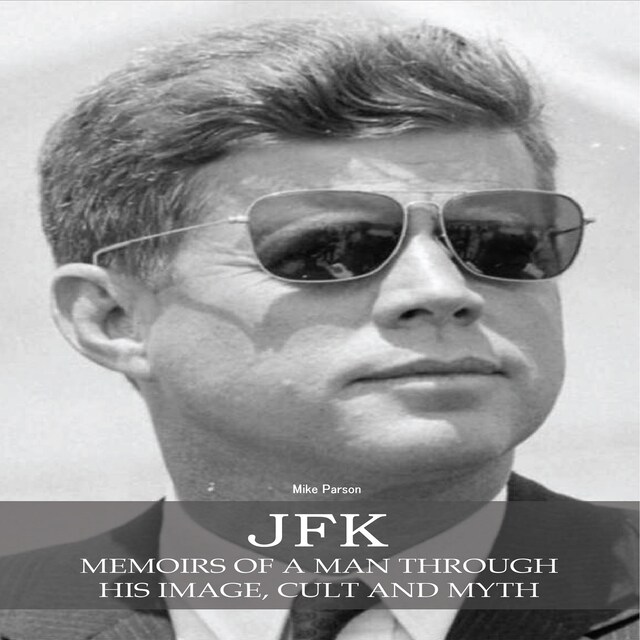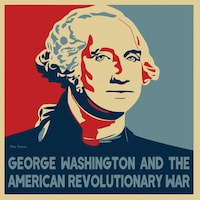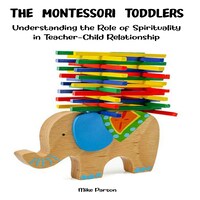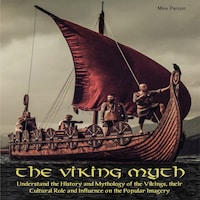Jfk
Description of the book
Fifty years after the assassination, JFK continues to be the “most popular past president,” with nearly 85 percent of all Americans polled saying that they approved of Kennedy’s job performance. Kennedy, despite his quirks, remains one of America’s best-known and well-liked leaders.
Many Americans responded to Kennedy, whose idealized image seemed to reflect their hopes and dreams. He won the presidency by a narrow margin, showing that nearly half the voters were unmoved by Kennedy’s idealism, youth, and promise. Television accentuated Kennedy. His image was often exaggerated but was broadly representative of his many attributes.
Kennedy was the nation’s first president to understand the power of imagery. He harnessed the power of media and television to cultivate clear images and sustain popular appeal. Kennedy and others in the White House consciously worked to create positive ideas that portrayed the President’s youthful appearance and his wholesome appeal as a faithful husband and loving father. Many people identified with idealized images of Kennedy, who seemed like a picture of robust health and an ideal family man. Behind the scenes, though, a different idea has emerged over time of an enigmatic, complex man—a human capable of both selfless and selfish motives and actions. This book assesses both the positive and negative dimensions of the Kennedy legacy to provide a fresh perspective.
This book will survey John F. Kennedy’s life and highlight some images associated with his rise to the presidency. It will summarize Kennedy’s famous vision to understand why some Americans embraced or rejected the President’s idea. The final chapter will discuss the impact of the assassination and emergence of the Camelot myth and the legacy of the Kennedy presidency.
The book Jfk and over 1 million other books
from £10.99/month
Fill your life with stories










